-
 Bitcoin
Bitcoin $119000
-2.21% -
 Ethereum
Ethereum $4315
1.01% -
 XRP
XRP $3.151
-3.11% -
 Tether USDt
Tether USDt $0.0000
0.00% -
 BNB
BNB $808.5
-0.71% -
 Solana
Solana $175.8
-4.21% -
 USDC
USDC $0.9999
0.00% -
 Dogecoin
Dogecoin $0.2250
-3.92% -
 TRON
TRON $0.3469
1.77% -
 Cardano
Cardano $0.7818
-3.81% -
 Chainlink
Chainlink $21.47
-2.10% -
 Hyperliquid
Hyperliquid $43.30
-6.81% -
 Stellar
Stellar $0.4370
-2.84% -
 Sui
Sui $3.682
-4.40% -
 Bitcoin Cash
Bitcoin Cash $590.8
2.67% -
 Hedera
Hedera $0.2484
-5.20% -
 Ethena USDe
Ethena USDe $1.001
0.00% -
 Avalanche
Avalanche $23.10
-4.29% -
 Litecoin
Litecoin $119.2
-3.96% -
 Toncoin
Toncoin $3.409
0.90% -
 UNUS SED LEO
UNUS SED LEO $9.016
-1.29% -
 Shiba Inu
Shiba Inu $0.00001304
-3.82% -
 Uniswap
Uniswap $11.18
1.33% -
 Polkadot
Polkadot $3.913
-3.51% -
 Cronos
Cronos $0.1672
-3.08% -
 Dai
Dai $1.000
0.02% -
 Ethena
Ethena $0.7899
-4.70% -
 Bitget Token
Bitget Token $4.400
-1.23% -
 Pepe
Pepe $0.00001132
-5.93% -
 Monero
Monero $257.9
-6.44%
What are the common problems with Binance KYC certification failure?
Binance KYC failures often result from unclear documents, inaccurate information, or technical glitches. Addressing these issues, using high-quality images, and carefully reviewing all details significantly improves verification success.
Mar 17, 2025 at 03:30 pm
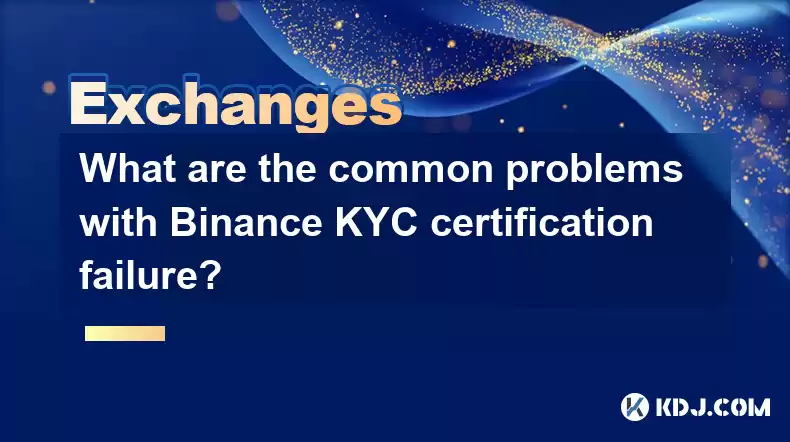
Key Points:
- Binance KYC failures often stem from issues with document clarity, accuracy, and compliance with requirements.
- Incorrect information provided during the application process is a major cause of rejection.
- Technical glitches and system errors can also lead to failed KYC verification.
- Understanding Binance's specific requirements and addressing them meticulously is crucial for successful verification.
- Appealing a KYC rejection involves carefully following Binance's appeal process and providing clear evidence to support your claim.
What are the common problems with Binance KYC certification failure?
Binance, one of the world's largest cryptocurrency exchanges, requires users to complete a Know Your Customer (KYC) verification process to comply with anti-money laundering (AML) and counter-terrorism financing (CTF) regulations. While generally straightforward, many users encounter issues leading to KYC certification failure. Understanding these common problems can significantly increase your chances of successful verification.
One frequent reason for KYC rejection is the poor quality of submitted documents. Blurry images, documents with glare, or those that are partially obscured are often rejected. Binance's system requires clear, legible images of your identification documents, ensuring all details are visible and easily readable. Ensure your documents are well-lit and photographed from a suitable angle.
Another common mistake is providing inaccurate or incomplete information. Any discrepancies between the information you provide and the information on your documents will lead to rejection. Double-check every detail, from your full name and date of birth to your address and nationality, to ensure complete accuracy. Typos and minor errors can also cause significant problems.
Sometimes, the problem isn't the user's fault. Technical glitches within the Binance platform itself can occasionally lead to KYC verification failures. If you suspect this is the case, contacting Binance support is advisable. They can investigate potential system errors and guide you through alternative verification methods or troubleshooting steps.
Beyond technical issues and user error, certain document types may not be accepted by Binance. Ensure you're using the correct type of identification document – a passport, driver's license, or national ID card – that meets Binance's specified requirements. Check their website for an up-to-date list of acceptable documents. Submitting an expired or soon-to-expire document will also likely lead to failure.
Furthermore, issues can arise from inconsistencies between the information provided and the user's profile history. If your provided address, phone number, or email address differs from previous information given to Binance, this may flag your application for further review and potential rejection. Maintaining consistent information across your Binance account is therefore critical.
Lastly, users sometimes fail KYC verification due to a mismatch between their self-reported information and the data obtained from third-party verification services employed by Binance. This could stem from a variety of factors, including errors in the third-party database or discrepancies in the user's personal information across different databases.
How can I improve my chances of successful KYC verification?
- Use high-quality images: Ensure your identification documents are photographed clearly, in good lighting, and with no glare or obstructions.
- Double-check your information: Carefully review all information entered, ensuring accuracy and consistency with your identification documents.
- Use the correct document type: Refer to Binance's official website for the list of accepted identification documents.
- Ensure your documents are valid: Use valid, unexpired identification documents.
- Maintain consistent information: Keep your information consistent across your Binance account and other relevant records.
- Contact Binance support: If you encounter technical difficulties or repeated rejections, contact Binance's customer support for assistance.
What if my KYC verification is rejected?
If your KYC verification is rejected, Binance usually provides a reason for the rejection. Carefully review this explanation and address the identified issues. You will likely need to resubmit your application with corrected information or updated documents.
- Review the rejection reason: Understand why your application was rejected.
- Correct any errors: Address the identified problems and ensure accurate information is provided.
- Resubmit your application: Submit a new application with corrected information and clear documents.
- Contact Binance support (if needed): If you are unsure how to proceed or have further questions, contact Binance support for assistance.
Frequently Asked Questions:
Q: What types of identification documents does Binance accept?
A: Binance generally accepts passports, driver's licenses, and national identity cards. However, it's crucial to check Binance's official website for the most up-to-date list of accepted documents in your region, as requirements may vary.
Q: How long does the Binance KYC verification process take?
A: The processing time varies, but it usually takes anywhere from a few minutes to a few days. Delays can occur due to high volumes of applications or issues with the submitted documents.
Q: What should I do if I receive a KYC rejection notice?
A: Review the reason for rejection carefully. Correct any errors, resubmit your application with updated documents, and contact Binance support if you need assistance.
Q: Can I appeal a KYC rejection?
A: Yes, Binance typically provides an appeal process. This usually involves contacting their customer support and providing evidence to support your case. However, the success rate of appeals depends on the specific reasons for the initial rejection.
Q: Is my personal information safe with Binance?
A: Binance employs various security measures to protect user data. However, no system is entirely foolproof. It is always advisable to practice good online security habits and to be aware of potential risks.
Disclaimer:info@kdj.com
The information provided is not trading advice. kdj.com does not assume any responsibility for any investments made based on the information provided in this article. Cryptocurrencies are highly volatile and it is highly recommended that you invest with caution after thorough research!
If you believe that the content used on this website infringes your copyright, please contact us immediately (info@kdj.com) and we will delete it promptly.
- PumpFun (PUMP) Price: Riding the Meme Coin Wave or Facing a Wipeout?
- 2025-08-12 16:50:12
- Arctic Pablo Coin: Meme Coin Growth Redefined?
- 2025-08-12 16:50:12
- Ether ETFs Surge: Inflows and Bull Signs Point to $4K ETH?
- 2025-08-12 16:30:12
- Bitcoin, Crypto Market, and CPI Anticipation: A New York Minute on Volatility
- 2025-08-12 16:30:12
- Bitcoin, CPI, and Market Fears: Navigating the Crypto Landscape
- 2025-08-12 15:10:13
- BTC Traders Eye ETH Targets as CPI Looms: A New York Minute
- 2025-08-12 15:10:13
Related knowledge
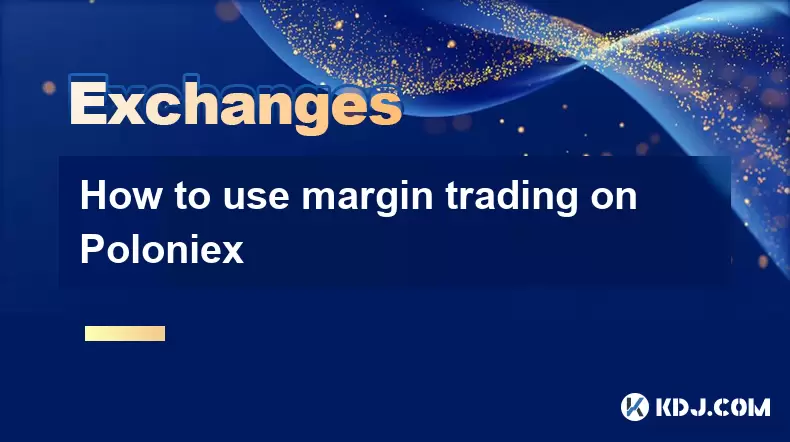
How to use margin trading on Poloniex
Aug 08,2025 at 09:50am
Understanding Margin Trading on Poloniex
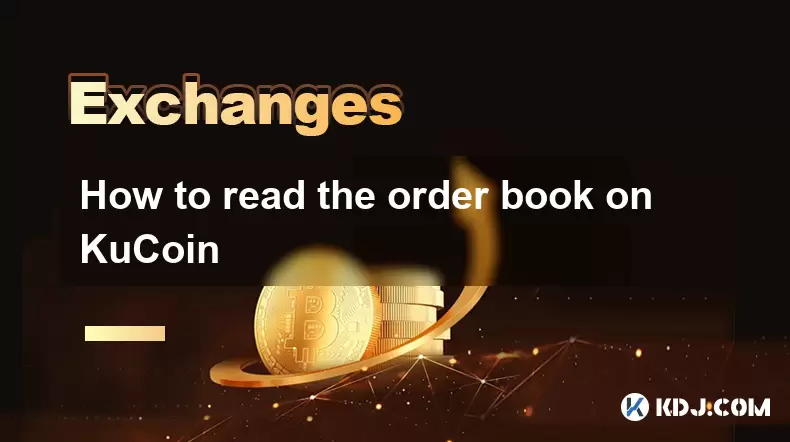
How to read the order book on KuCoin
Aug 10,2025 at 03:21pm
Understanding the Order Book Interface on KuCoinWhen accessing the order book on KuCoin, users are presented with a real-time display of buy and sell ...
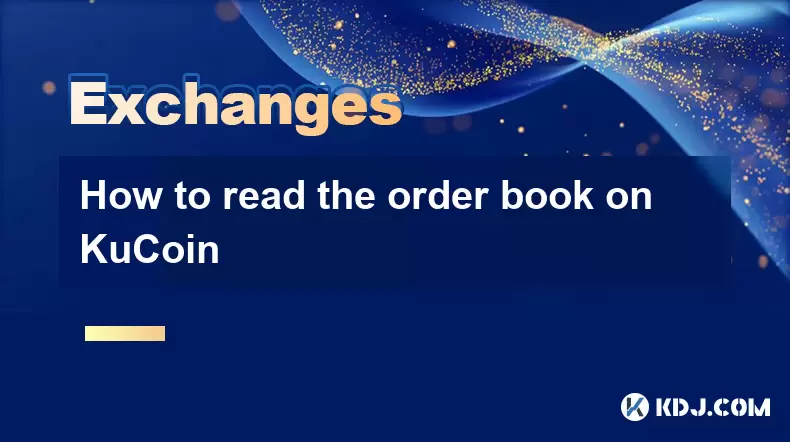
How to read the order book on KuCoin
Aug 12,2025 at 02:28am
Understanding the Basics of Staking in CryptocurrencyStaking is a fundamental concept in the world of blockchain and cryptocurrencies, particularly wi...
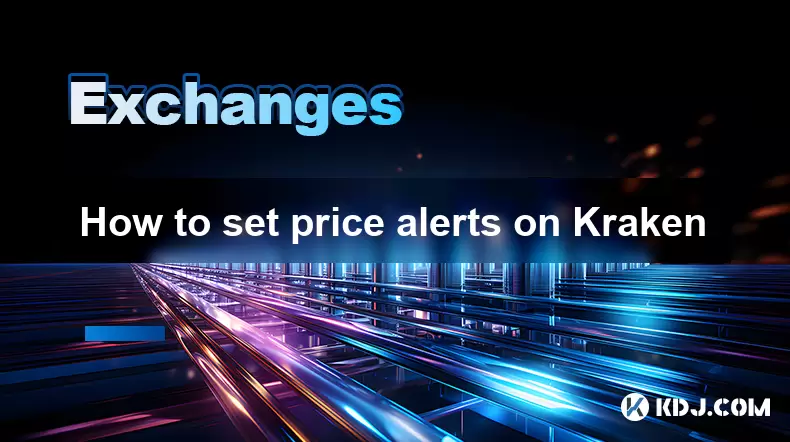
How to set price alerts on Kraken
Aug 11,2025 at 08:49pm
Understanding Price Alerts on KrakenPrice alerts on Kraken are tools that allow traders to monitor specific cryptocurrency pairs for price movements. ...
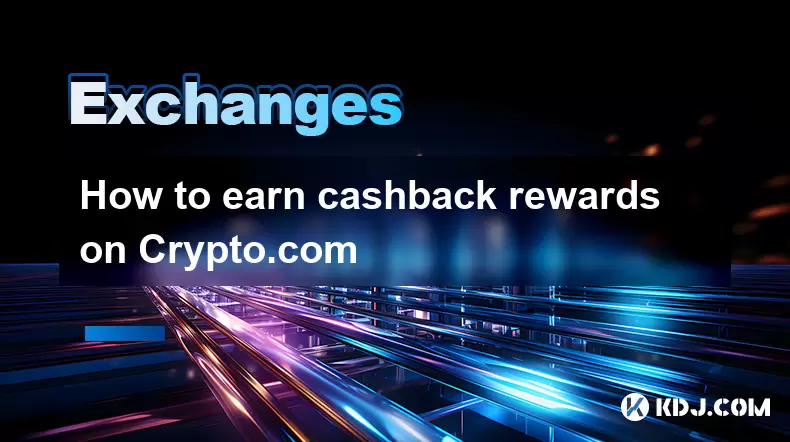
How to earn cashback rewards on Crypto.com
Aug 12,2025 at 02:08am
Understanding Cashback Rewards on Crypto.comCashback rewards on Crypto.com are a feature designed to incentivize users to spend using their Crypto.com...
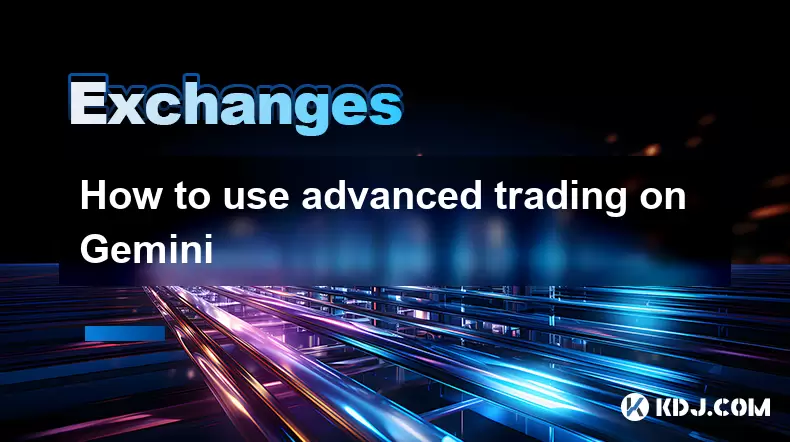
How to use advanced trading on Gemini
Aug 08,2025 at 04:07am
Understanding Advanced Trading on GeminiAdvanced trading on Gemini refers to a suite of tools and order types designed for experienced traders who wan...

How to use margin trading on Poloniex
Aug 08,2025 at 09:50am
Understanding Margin Trading on Poloniex

How to read the order book on KuCoin
Aug 10,2025 at 03:21pm
Understanding the Order Book Interface on KuCoinWhen accessing the order book on KuCoin, users are presented with a real-time display of buy and sell ...

How to read the order book on KuCoin
Aug 12,2025 at 02:28am
Understanding the Basics of Staking in CryptocurrencyStaking is a fundamental concept in the world of blockchain and cryptocurrencies, particularly wi...

How to set price alerts on Kraken
Aug 11,2025 at 08:49pm
Understanding Price Alerts on KrakenPrice alerts on Kraken are tools that allow traders to monitor specific cryptocurrency pairs for price movements. ...

How to earn cashback rewards on Crypto.com
Aug 12,2025 at 02:08am
Understanding Cashback Rewards on Crypto.comCashback rewards on Crypto.com are a feature designed to incentivize users to spend using their Crypto.com...

How to use advanced trading on Gemini
Aug 08,2025 at 04:07am
Understanding Advanced Trading on GeminiAdvanced trading on Gemini refers to a suite of tools and order types designed for experienced traders who wan...
See all articles

























































































